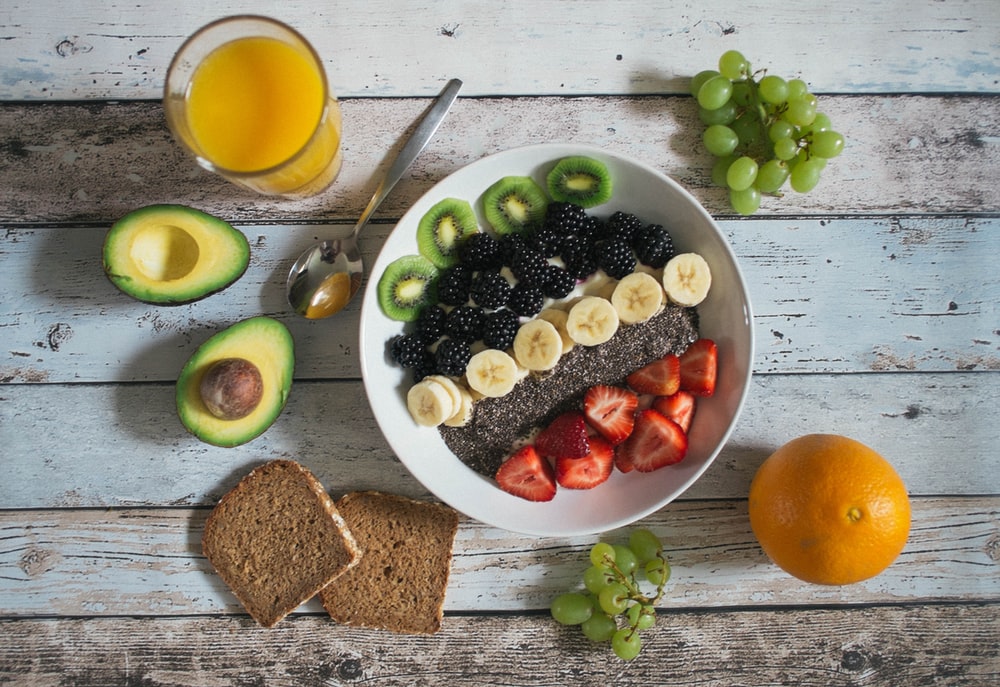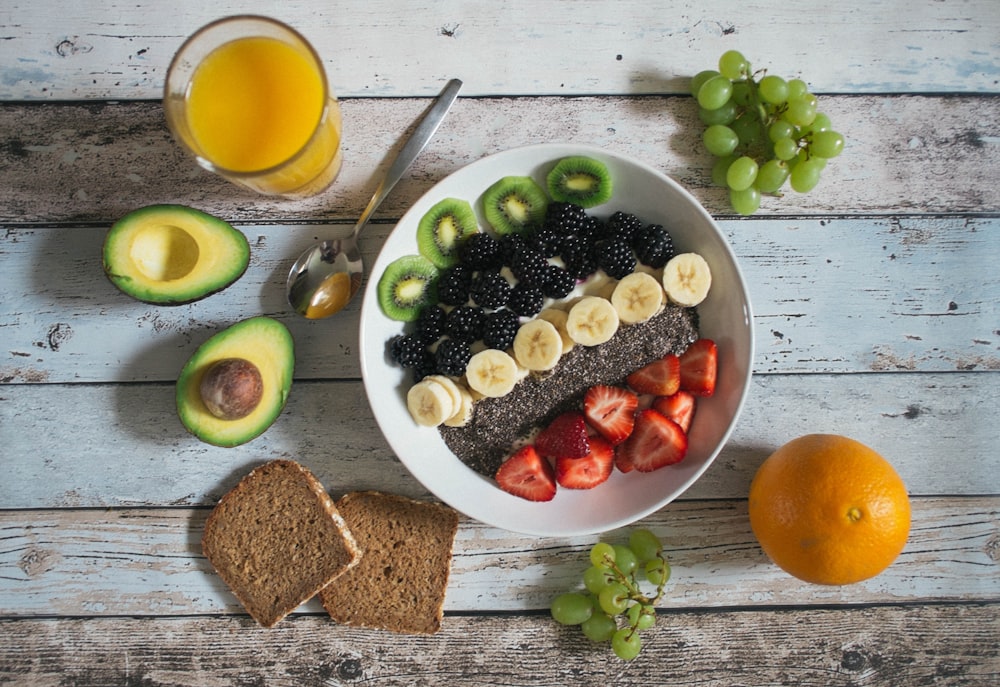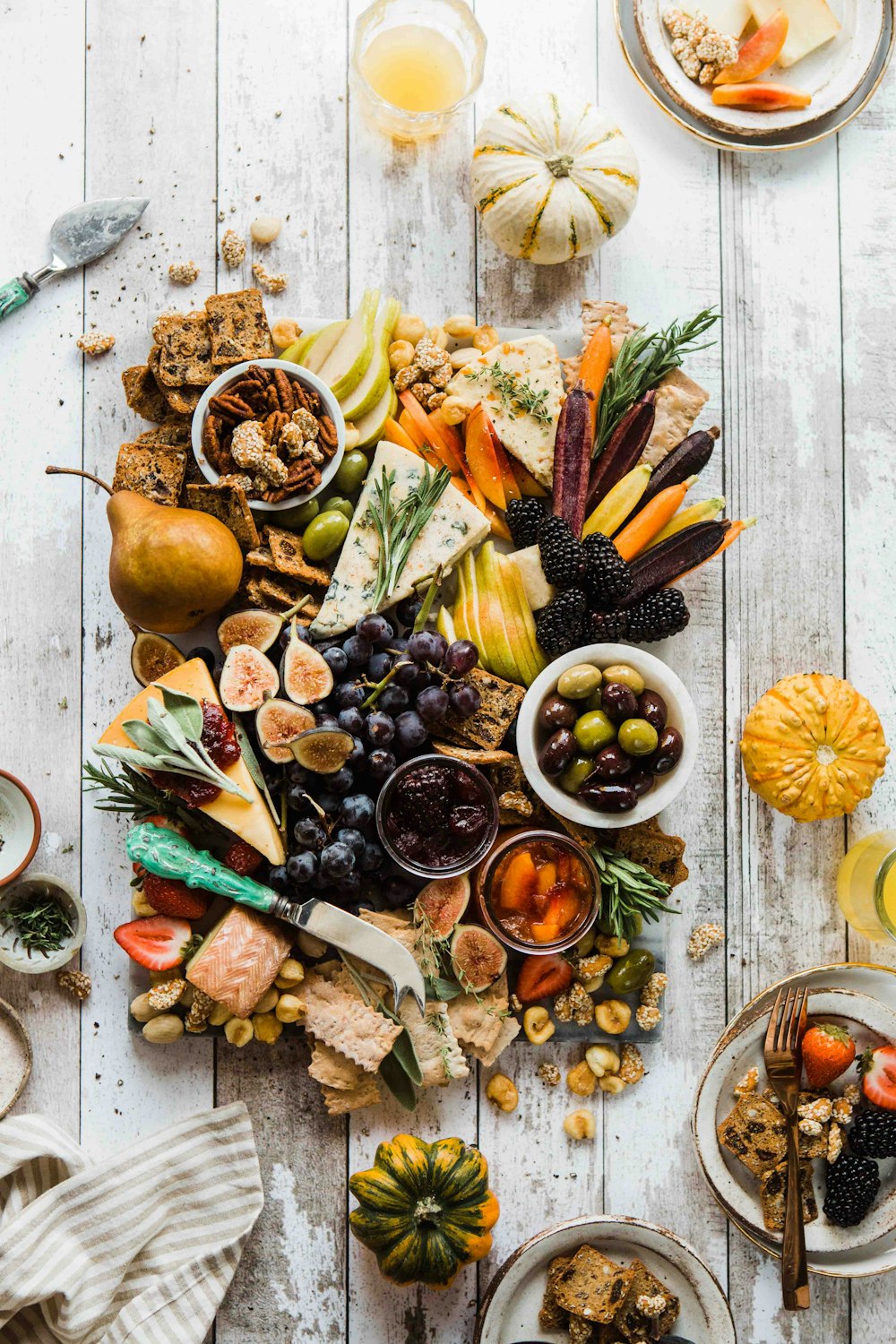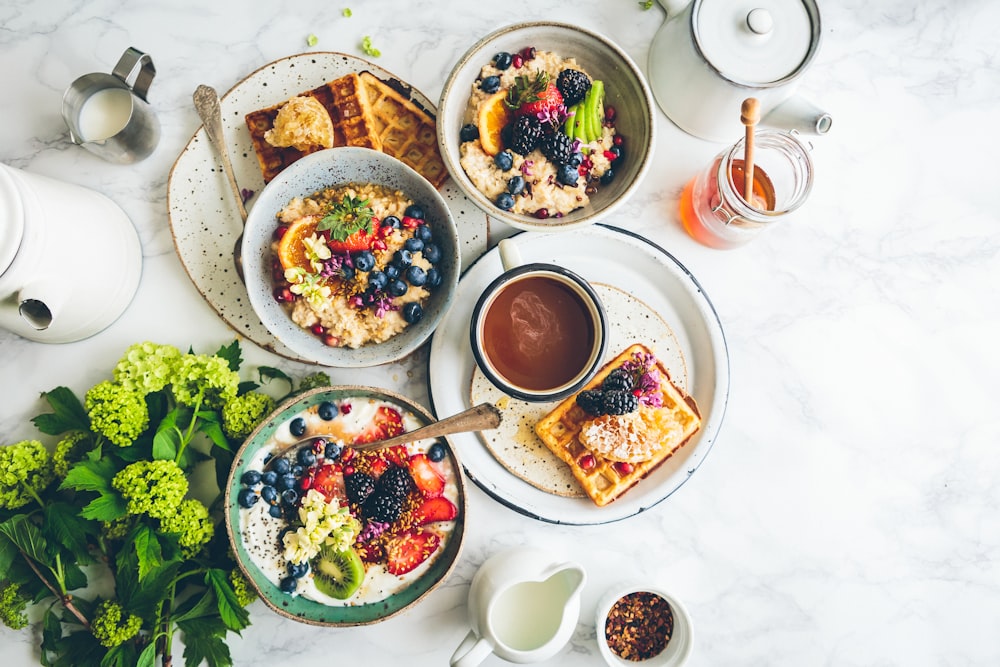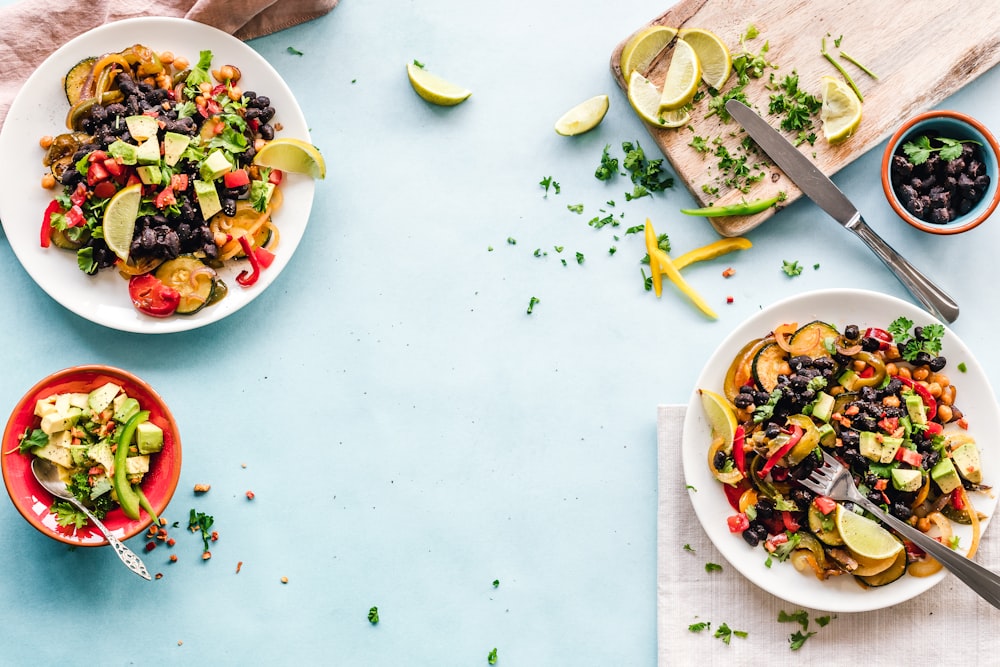Eating a healthy and balanced diet is more important than ever. The great news is that it isn’t impossible and has grown easier in recent years. In today’s blog, we’ll explore the foundational reasons for great eating strategies and what you can do to ensure your good health is supported by what you consume.
The Foundations of Why
International organizations like the World Health Organization (WHO) encourage individuals to shape their diets with plenty of fruits and vegetables, legumes, grains, and, when applicable, a moderate amount of animal products like fish, meat, eggs, and cheese. They also encourage vigilance when it comes to salt and sugar intake. While there has been plenty of coverage about how diets high in fat, sugar, salt, and additives that are typically associated with industrialized food culture, the underpinnings extend far into our collective past.
The modern food landscape in most western countries is littered with processed foods. These have three ingredients in common—fat, sugar, and salt. Given that even agriculture is a recent development in terms of human evolutionary history, the sheer weight of these three would be enough to cause a complete metabolic breakdown. Quite frequently, they do. Diseases such as type two diabetes, cardiac conditions, and instability of kidney and liver function are far more common in modern, western societies than in less industrialized contexts precisely because of our food culture.
In our formative environment, the three aforementioned substances were rare and yet vital for energy production and survival. Our brains relied on the dopamine reward system to ensure that when we found them in the landscape, we consumed as much as we possibly could. That reward system is still in place, but the artificial superabundance of these naturally scarce commodities overloads our biological systems and leads to disease, obesity, and a much lower quality of life.
A Balanced Approach to Food Is Essential
It’s important to remain vigilant about fillers, sweeteners, and preservatives. We live in industrialized food culture, in which the more available, less expensive food is often far more processed than what is offered to affluent consumers. But why does every human need to craft a balanced approach to the foods they consume? More importantly, beyond the resultant breakdowns of metabolic processes and vital functions, why is it important to do more than sustain out body?
Food can have a powerful impact on psychological, as well as physical, health. That’s not just due to the fact that it stimulates our dopamine reward system. Fillers like soy, cellulose, and other cheap, low-grade substances that simulate fullness or provide an extension for a product’s shelf life, often yield a general feeling of unwellness. Why is this? The answer is in your gut.
Serotonin, among other important neurotransmitters, is responsible for what we associate with a positive mood. Half is produced by the brain itself. However, the other half is produced in your gut by microorganisms that belong to a highly varied community. When we do not eat properly, it disrupts this microbiome, fostering the proliferation of negative species of bacteria and suppressing the production of serotonin. Highly processed foods have been linked to diseases and a decline of neurological health via the gut-brain axis—a conduit that permits bacteria and neurotransmitters produced in the gut to transit the blood-brain barrier.
What You Can Do
This relatively new understanding about the interconnected nature of our bodily systems casts our dietary choices in a new light. Feed your body, yes. But also, feed your gut if you seek to maintain good health. This extends beyond the main meals you eat to satiate hunger and should embrace the lighter or less bulky snack foods you enjoy. Let’s be honest, the primary reason many people fail at altering their diets is a punitive and rather minimalist approach to new ways of consuming foods.
Eating for pleasure is, it seems, a constant in most complex cultures. Given that, a sudden cessation of the habit won’t meet with success. In addition to crafting a diet that includes WHO’s recommendations and those made by qualified nutritionists, seek out foods that feed and support your intestinal health. Garlic and ginger are fantastic for their ability to suppress negative bacterial proliferation. Fermented foods like sauerkraut, tart yogurt, and related products that haven’t been overly sweetened to make them appealing, kimchi, and true sourdough bread combine to boost your gut’s good bacteria.
Snack foods such as stone-ground corn—or alternative, less adulterated grain—chips; raw vegetables and fruits cut to facilitate consumption; dips like guacamole produced without fillers, unsweetened peanut and nut butter that have an ingredient list two items long; dried, unsweetened fruits; and 100% grass fed beef jerky or dried meat products from other sources that emphasize a quality diet and less industrialized lifestyle of food animals are all great options. These will curb hunger, provide a pleasurable flavor, and gustatory experience. They’ll also help you train your brain to look for foods that are good for all of you, not just your palate.
Eating well is more than simply a fad. It’s essential to our survival. Given what we see with the proliferation of allergies, obesity, disease, and general malaise, it’s also our best choice. Luckily, many small businesses and farmers are supporting this new direction. Shopping for good, balanced foods is becoming increasingly accessible to a larger number of people, which helps us to support better eating habits without hardship.

